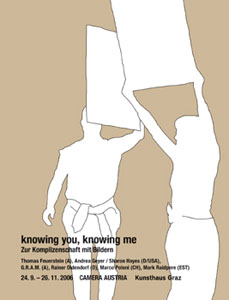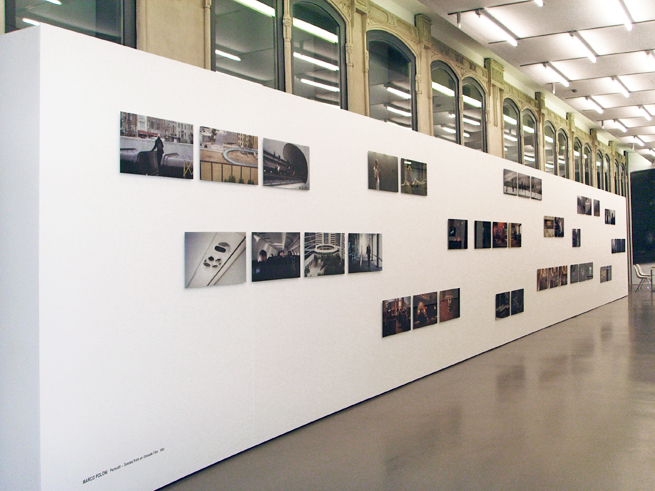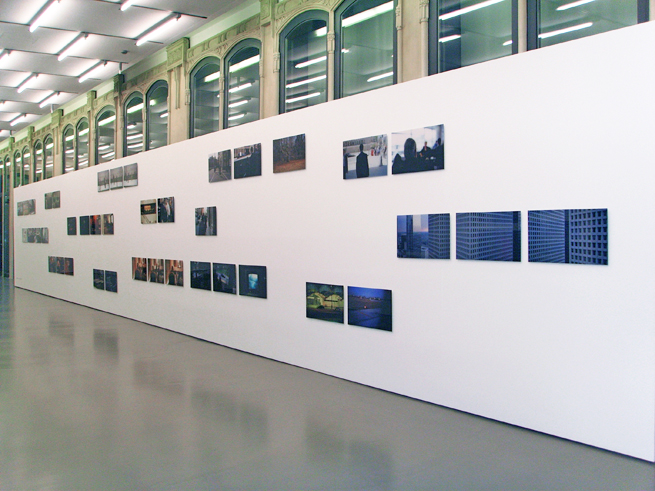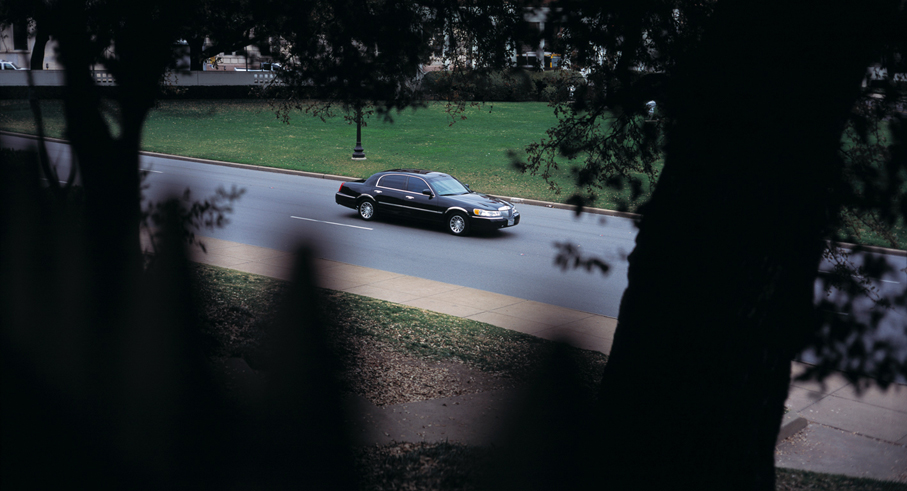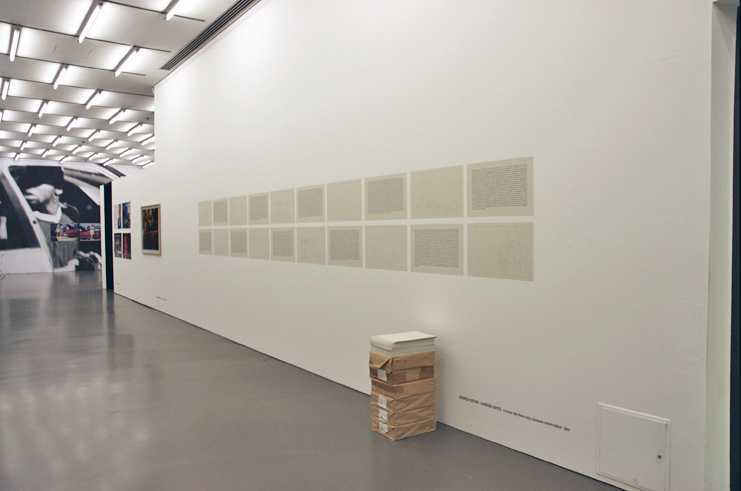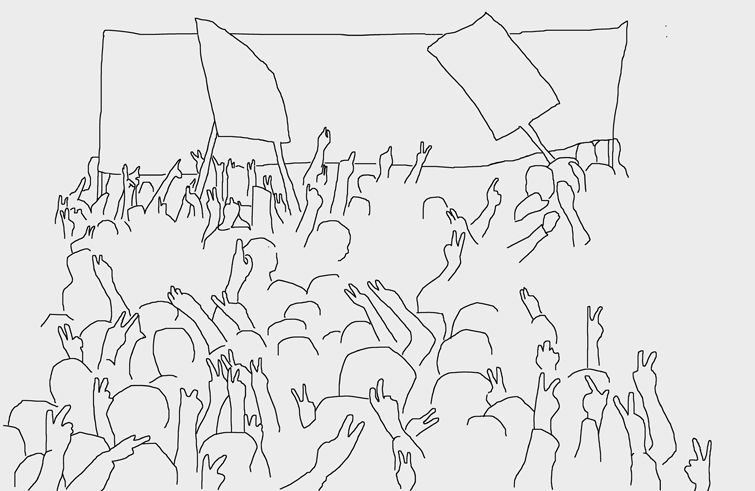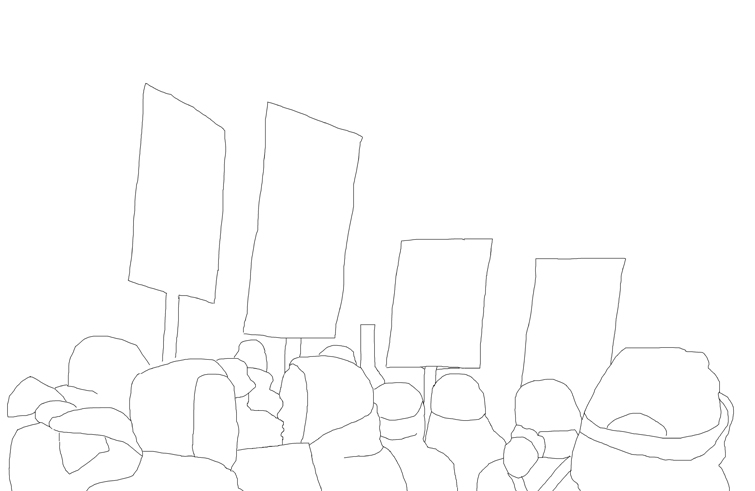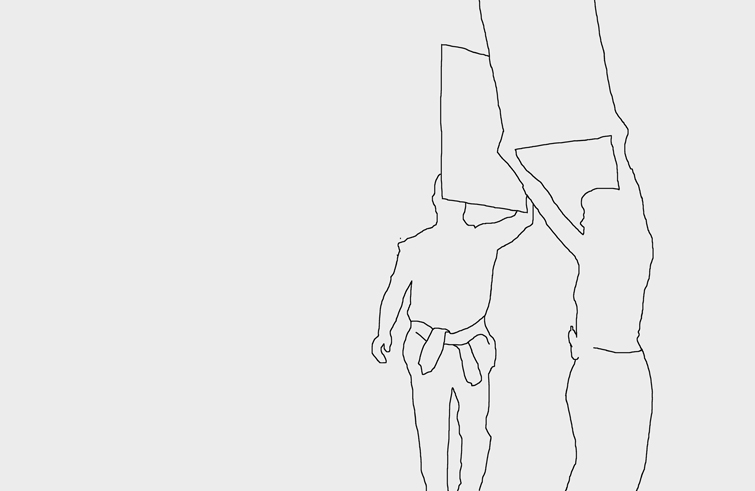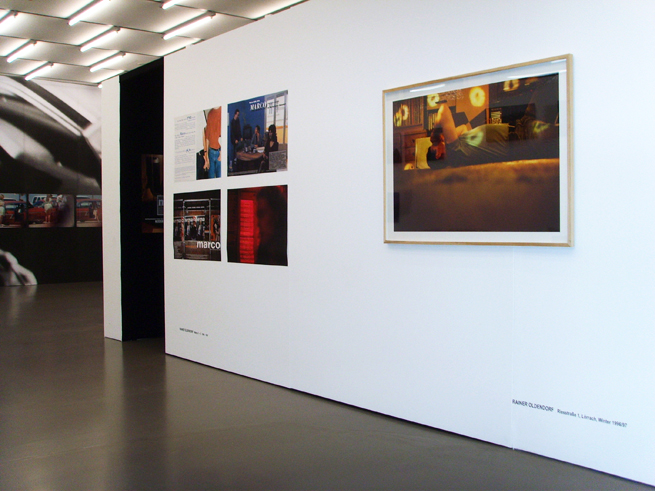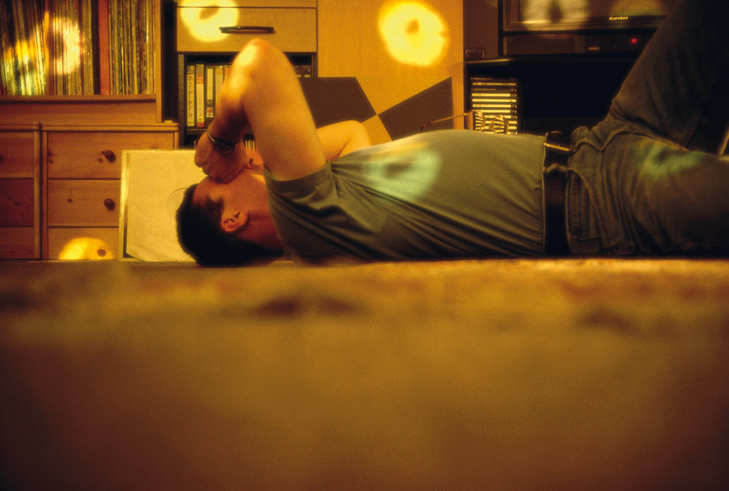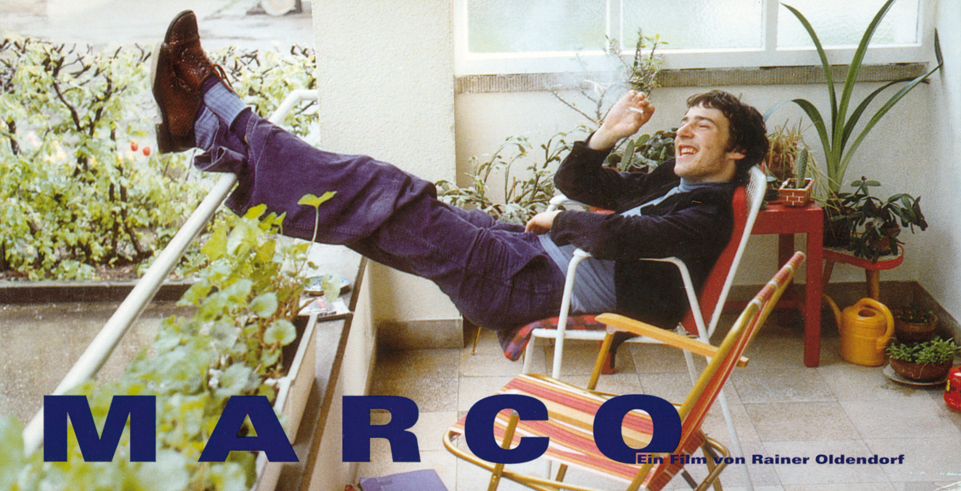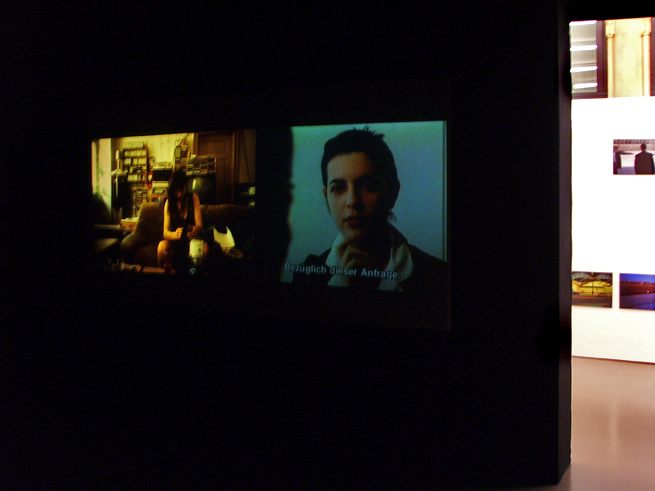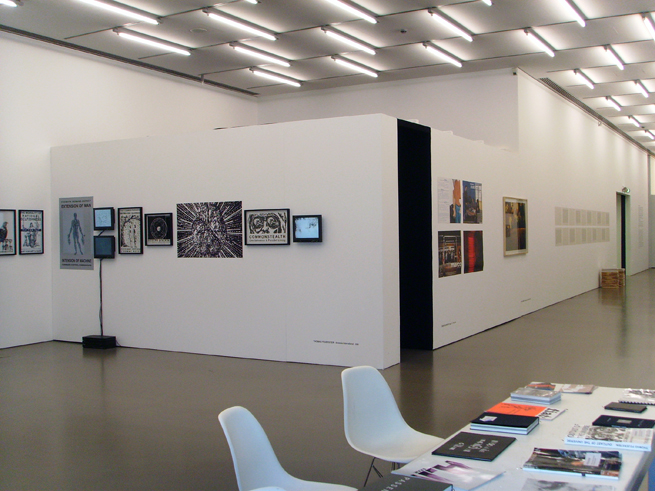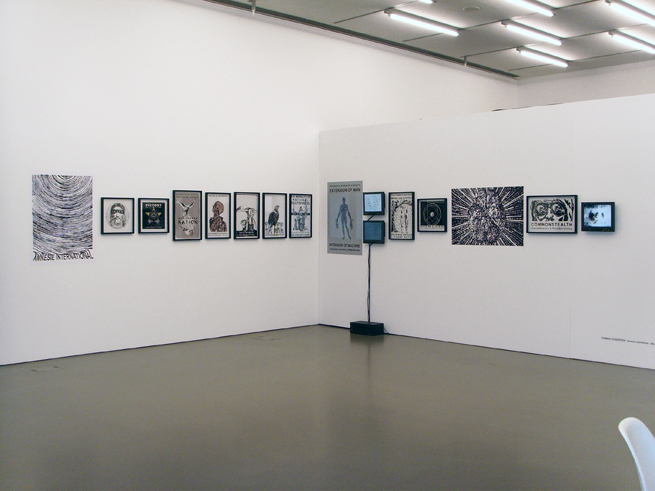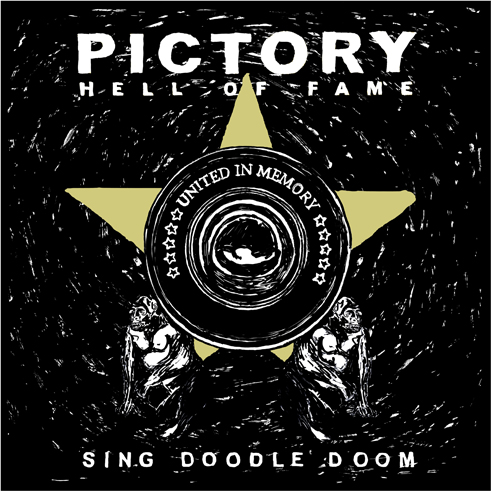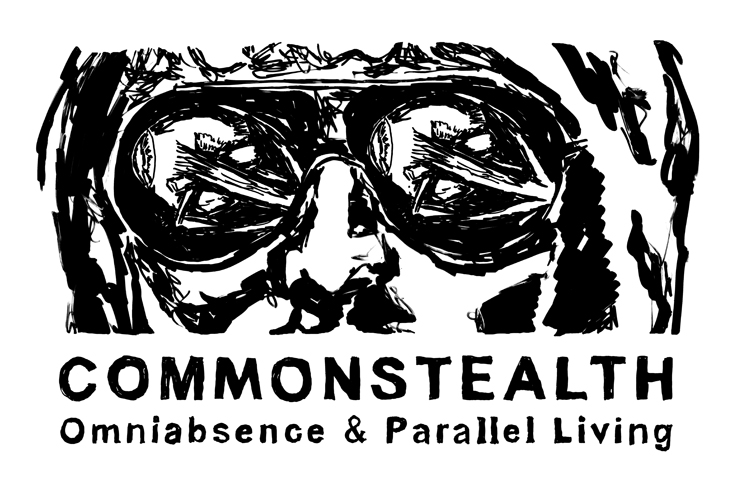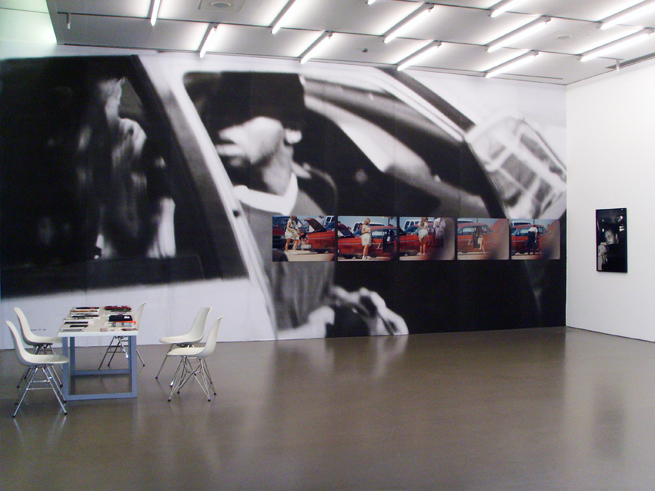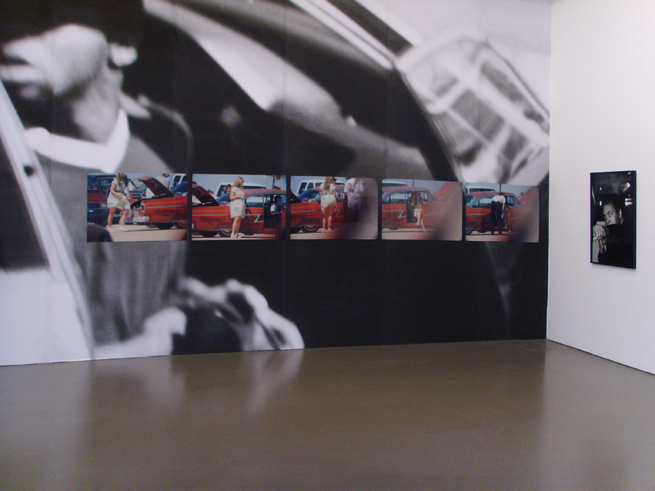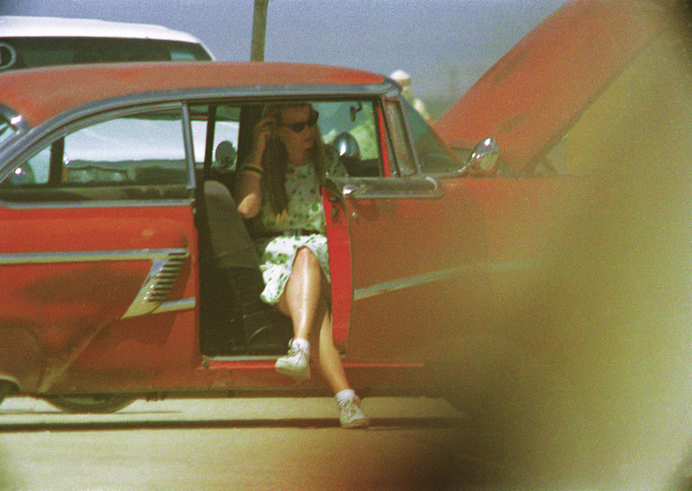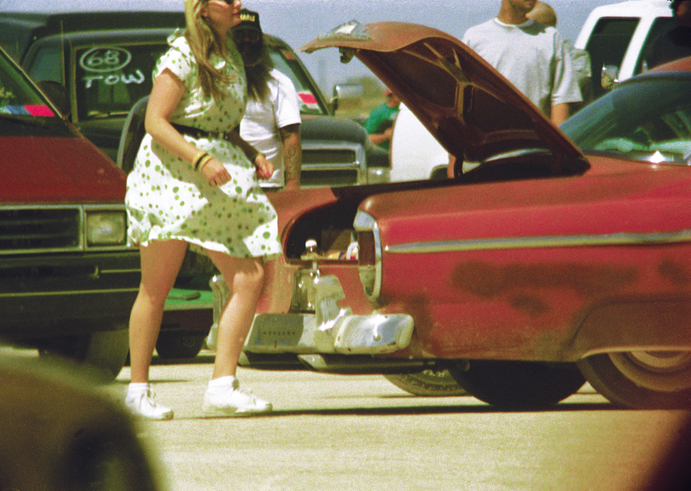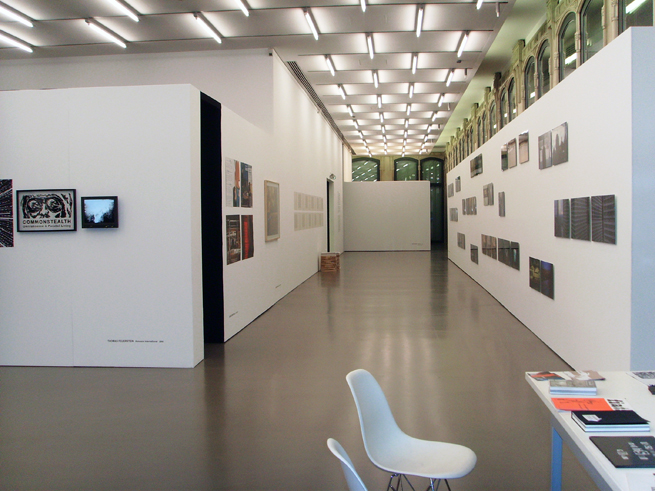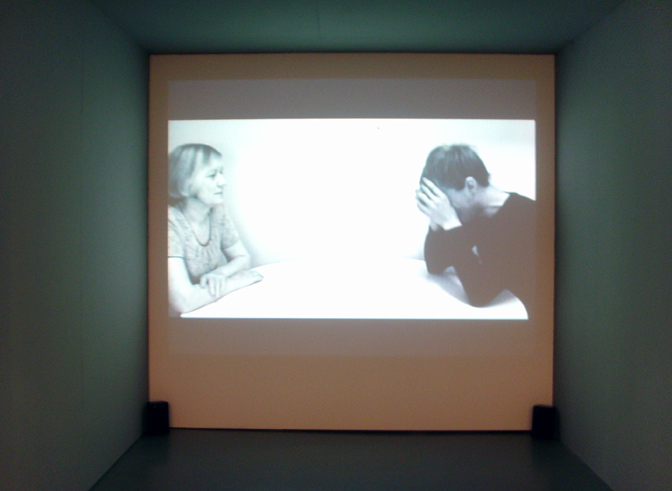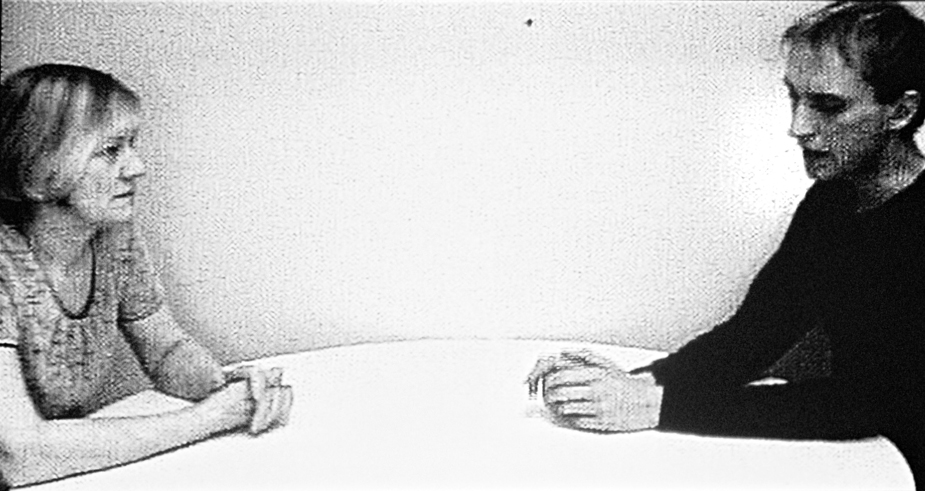knowing you, knowing me.
On Complicity with Images
Infos
Opening
23.9.2006
Duration
24.9.2006 – 26.11.2006
With
Thomas Feuerstein (AT), Andrea Geyer / Sharon Hayes (DE/US), G.R.A.M. (AT), Rainer Oldendorf (DE), Marco Poloni (CH), Mark Raidpere (EE)
curated by Reinhard Braun & Maren Lübbke Tidow
Intro
Surveillance can be described not only as a strategy of control and disciplining but also comprises a voyeuristic aspect, an at times obscene representational politics of the subject in which the public and private spheres are increasingly being synchronised. Recording and enactment, surveillance and performativity are interrelated practices of a visual culture in which technologies of publishing the self are increasingly being negotiated.
Against this backdrop of constant enactment and representation of individuality, authenticity and identity, images are coming to assume a new role; but to what extent have we already internalised the power of images so much that we are starting to identify with these representational mechanisms, as they seem to guarantee us a possibility of participating in a culture of the public?
“knowing you, knowing me” presents works by artists who deploy photography as an accomplice for – ironic, critical, subversive – construction of realities; who operate with the viewers’ knowledge of images that has always existed and that is constantly growing, and thus initiate a veritably collaborative process of this construction of reality that shifts the question as to the control of images onto new social ground.
Read more →knowing you, knowing me. On Complicity with Images
In recent years the concept of surveillance – at the interface between visual and communicative media, image and network, public sphere, mass media and privacy – has assumed a prominent position in debates that set out to describe social interactions in which pictures play a decisive role. And yet surveillance not only denotes strategies of control and discipline, it also outlines forms of voyeurism and an obscene, as you might say, politics of representation of the subject, that is taking on increasingly strange forms, for example in the mass medium of television. Surveillance and representational claim, recording and enactment manifest themselves as inter-related practices of a visual culture that are increasingly becoming a public technology of the self, a technology of publishing the self.
This “public” is increasingly being colonised by a form of (mediatised) “private sphere”, for example in the mass-media proliferation of talk shows, boundless interest in the public representation of private affairs, and the growing public interest in intimate details of celebrities, stars and politicians. Coupled with an obsession with immediacy, the question is in what way the individual has already internalised the “power” of pictures to such an extent that it is starting to identify with the mechanisms of representation as they seem to guarantee a possibility of participating in a culture of the public. “Today the surveillant gaze (…) has completely lost its deterrent effect and has, on the contrary, been reinterpreted as a gaze that grants an event the status of reality.” (Thomas Y. Levin)
Against this backdrop of constant enactment of individuality, authenticity and identity, pictures are assuming a new role: instead of representation and appearance, the focus is now on circulation and performativity – a form of complicity between the subject and the picture is beginning to emerge in which it is no longer a matter of surveillance, control or discipline in the stricter sense, but rather of forms of appropriating conventions of representation and the exploitation of pictures in the course of constant (published) identity work.
The “knowing you, knowing me” exhibition explores current photographic positions with regard to this mechanism of a fundamental connection between picture and (social) subject, in which the contours of a specific role of pictures are evolving within general cultural-visual horizons. The artists featured at the exhibition assume previous pictorial knowledge of the recipients, deploying various forms of transfer of pictorial disositifs as a strategy of constructing meanings. In this process, they occupy photography in different ways as an “agent” of enacting reality, identity or lifestyle, thus involving photography as a kind of “accomplice” in the – ironical, critical or subversive – construction of realities in which knowledge of the constructedness and thus also the complicity of the viewer has always been inherent.

